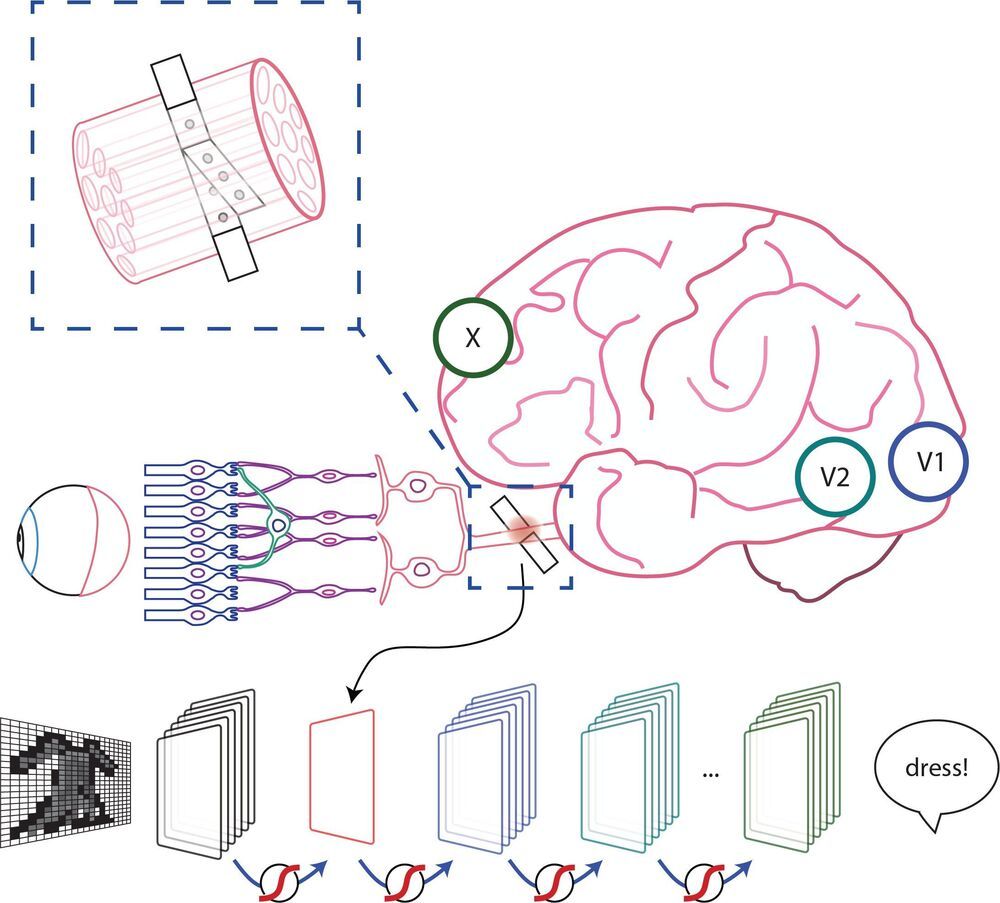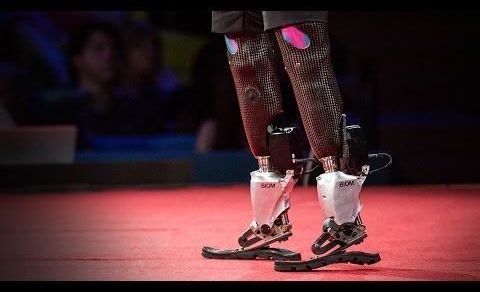Circa 2020
Researchers at UC Berkeley have developed a rapid test for SARS-CoV-2 that uses an enzyme to cleave viral RNA, initiating a fluorescent signal that can be detected using a smartphone camera, and which can provide a quantitative measurement of the level of viral particles in the sample. The test produce a result in as little as 30 minutes and does not require bulky or expensive laboratory equipment.
Rapid testing is key to measuring and stopping the spread of COVID-19, but current tests, such as PCR, are time consuming and require expensive laboratory equipment, creating a bottleneck in obtaining results. Researchers have been developing alternatives, and this latest technology was rapidly repurposed when the pandemic began. Originally intended to detect HIV in blood samples, the Berkeley researchers have pivoted to allow the device to detect SARS-CoV-2 in nasal swab samples.
The test relies on CRISPR-Cas, originally developed as a gene editing technology. When a pre-programmed Cas13 enzyme is added to the sample, it can cleave RNA sequences from the SARS-CoV-2 virus. This results in other nearby sequences being cleaved also, including a probe that releases fluorescent light when cleaved. The device uses a laser to excite this fluorescence and a smartphone camera can then detect the light, providing a quantitative measurement of the viral particles present in the sample.






